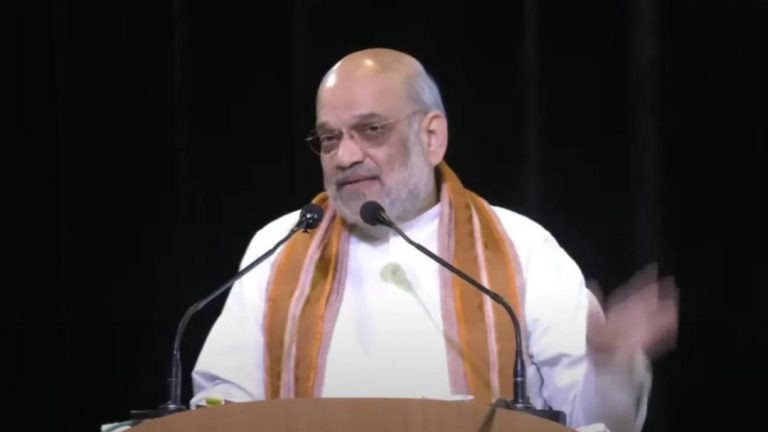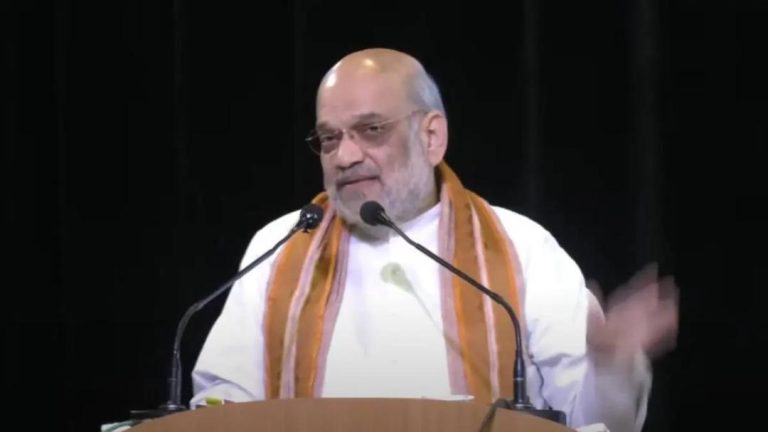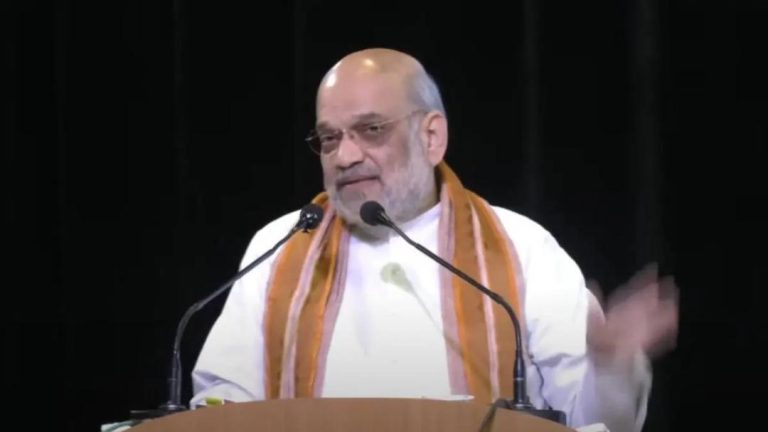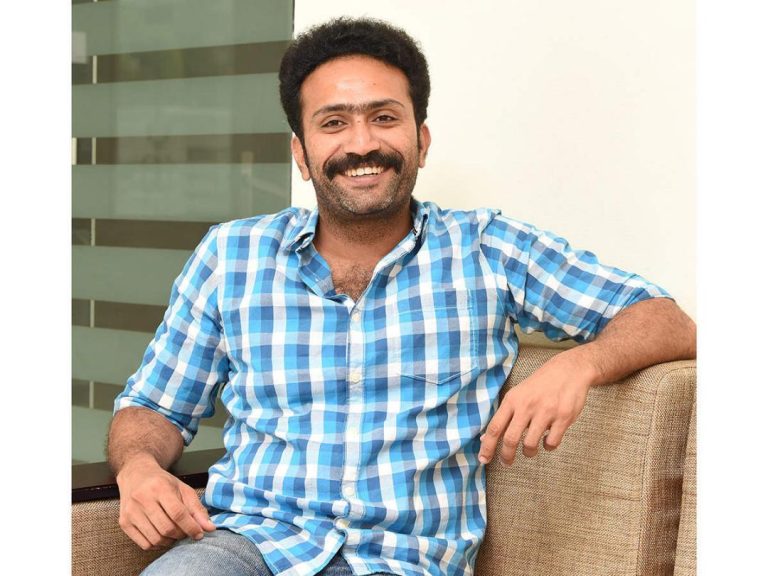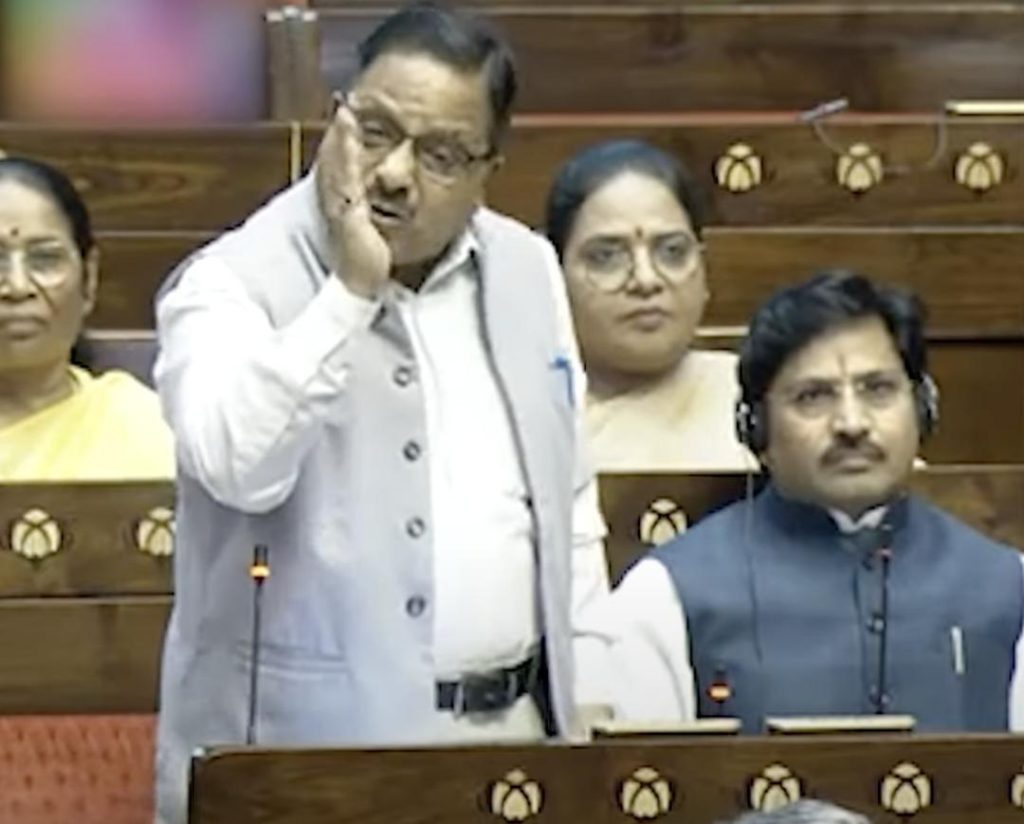
Should I Read Quran and Tell You What’s Written in It: BJP MP Radha Mohan Das on Waqf Bill
The Waqf Bill, a contentious piece of legislation aimed at reforming the Indian waqf system, has been making headlines in recent weeks. The bill was introduced in the Lok Sabha, the lower house of the Indian parliament, with the aim of regulating and managing the country’s Islamic religious properties. However, the bill has been met with widespread opposition from various quarters, including religious bodies and opposition parties.
During the discussion on the Waqf Bill, a BJP MP, Radha Mohan Das, sparked a heated debate by asking if he should read the Quran and tell what is written in it. The MP’s comment was in response to allegations made by the Opposition that the Waqf Board, which is responsible for managing the waqf properties, was in disarray and lacked transparency.
Das, a member of the Rashtriya Swayamsevak Sangh (RSS), said, “The Quran says that even if one rupee is given to anyone, there should be a written record…And you say you have so many properties without a record.” His comment was aimed at highlighting the lack of transparency in the Waqf Board’s functioning and the need for greater accountability.
Das’ comment has been widely criticized by many, including Muslim leaders and intellectuals, who have accused him of making a provocative and inflammatory statement. Many have argued that Das’ comment was an attempt to undermine the sanctity of the Quran and to create a divide between Hindus and Muslims.
However, Das has defended his statement, saying that he was simply asking a question and not trying to make a personal attack on Islam or Muslims. He has also argued that his comment was aimed at highlighting the need for transparency and accountability in the Waqf Board’s functioning.
The debate surrounding Das’ comment has highlighted the need for a nuanced understanding of Islamic law and the role of waqf properties in Indian society. Waqf properties are Islamic religious endowments that are used to support various charitable activities, including the construction of mosques, madrasas, and other religious institutions.
Under Islamic law, waqf properties are considered sacred and are intended to be used for the benefit of the Muslim community. However, in India, the Waqf Board is responsible for managing these properties, and the board’s functioning has been criticized for being opaque and undemocratic.
The controversy surrounding Das’ comment has also highlighted the need for greater understanding and dialogue between different religious communities in India. The country has a complex religious landscape, with Muslims, Hindus, Christians, and other religious minorities coexisting in a delicate balance.
Despite the controversy, the debate surrounding the Waqf Bill has also highlighted the need for greater transparency and accountability in the management of waqf properties. The bill has been criticized for being overly broad and lacking specific provisions for the management of waqf properties.
In conclusion, Das’ comment has sparked a heated debate on the Waqf Bill, highlighting the need for greater transparency and accountability in the management of waqf properties. While the bill has been criticized for its lack of specific provisions, it has also highlighted the need for greater understanding and dialogue between different religious communities in India.
As the debate continues, it is essential to approach the issue with sensitivity and respect for all religious beliefs and traditions. The Waqf Bill has the potential to be a significant step forward in promoting greater transparency and accountability in the management of waqf properties, but it must be approached in a way that respects the religious beliefs and traditions of all Indian citizens.
Source: https://www.youtube.com/watch
